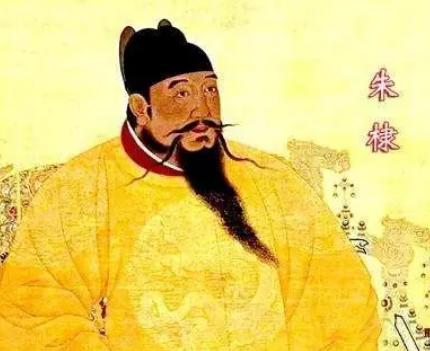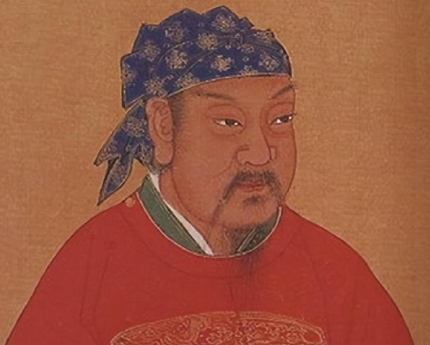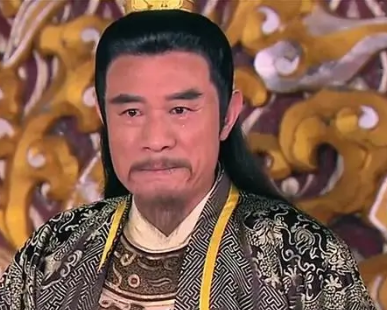In ancient China, passing on the family line was regarded as an important responsibility of the family. However, in an era that valued the continuation of the bloodline, a group of people chose a different path - to become eunuchs. They left a profound imprint in the long history of China. Then, what was the reason that made them willingly give up their reproductive rights and choose such a special social status?

Firstly, poverty was the main reason that forced many people to choose to become eunuchs. In the feudal society, the gap between the rich and the poor was wide. Many poor children had to choose to be eunuchs to survive and enter the royal palace. Although it meant giving up their fertility, in return, they could obtain stable living security and a certain social status. For these families, the pressure of life far outweighed the traditional concept of passing on the family line.
Secondly, the improvement of social status was also one of the factors that attracted people to become eunuchs. Although eunuchs lost their fertility, their status in the royal palace was not low. Some eunuchs, because of their proximity to the center of royal power, were able to wield real power and become a significant force in the court. The temptation of such power and status made some people willing to sacrifice their personal family happiness to pursue a higher social status.
Furthermore, personal ambition and the pursuit of power also drove people to become eunuchs. In ancient times, the royal palace was the center of power, and eunuchs, as the emperor's attendants, had the opportunity to directly participate in national affairs. For those who were eager for power and ambition, becoming a eunuch was a way to achieve their personal aspirations. They sacrificed their reproductive rights to gain access to the core of power.
Finally, cultural and religious factors also influenced people's choices to some extent. In some periods, such as the Tang Dynasty, the prevalence of Buddhism led some people to choose to become eunuchs for religious beliefs. They believed that by giving up secular desires, including reproduction, they could be closer to Buddhism and achieve the purification and transcendence of the soul.
In summary, although passing on the family line was highly valued in ancient China, many people still chose to become eunuchs willingly due to economic pressure, social status, personal ambition, and cultural and religious influences. This phenomenon reflects the complexity and diversity of ancient society and reveals the difficult choices made by people in the face of survival and ideals. The existence of eunuchs is not only a product of history but also a result of human nature and social choices.
Disclaimer: The above content is sourced from the internet and the copyright belongs to the original author. If there is any infringement of your original copyright, please inform us and we will delete the relevant content as soon as possible.
































